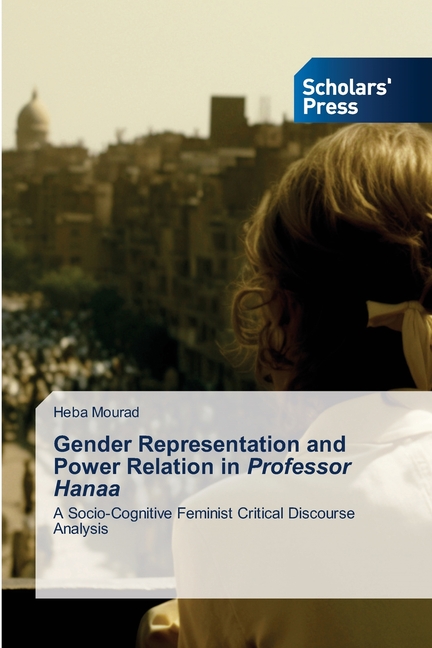Description
This study, grounded in Feminist Critical Discourse Analysis, explores how linguistic and rhetorical strategies in Reem Bassiouny's Professor Hanaa construct the protagonist's experiences and challenge traditional gender roles in contemporary Egyptian society. It addresses a gap in the literature by examining the interplay between linguistic structures and cognitive processes in Arabic feminist fiction, focusing on how discourse shapes female subjectivity and resistance. The study hypothesizes that language in both the narrative and Hanaa's speech functions as a tool for both conforming to and resisting patriarchal norms. The findings show how the narrative constructs a gendered mental model where power is contested. From a socio-cognitive perspective, Hanaa's resistance is embedded in her evolving mental representations, while Lazar's framework demonstrates the narrative's feminist ideological stance. This study contributes to gender studies and Middle Eastern literary criticism.
Last updated on
Product Details
- Jun 17, 2025 Pub Date:
- 6208848148 ISBN-10:
- 9786208848149 ISBN-13:
- English Language




